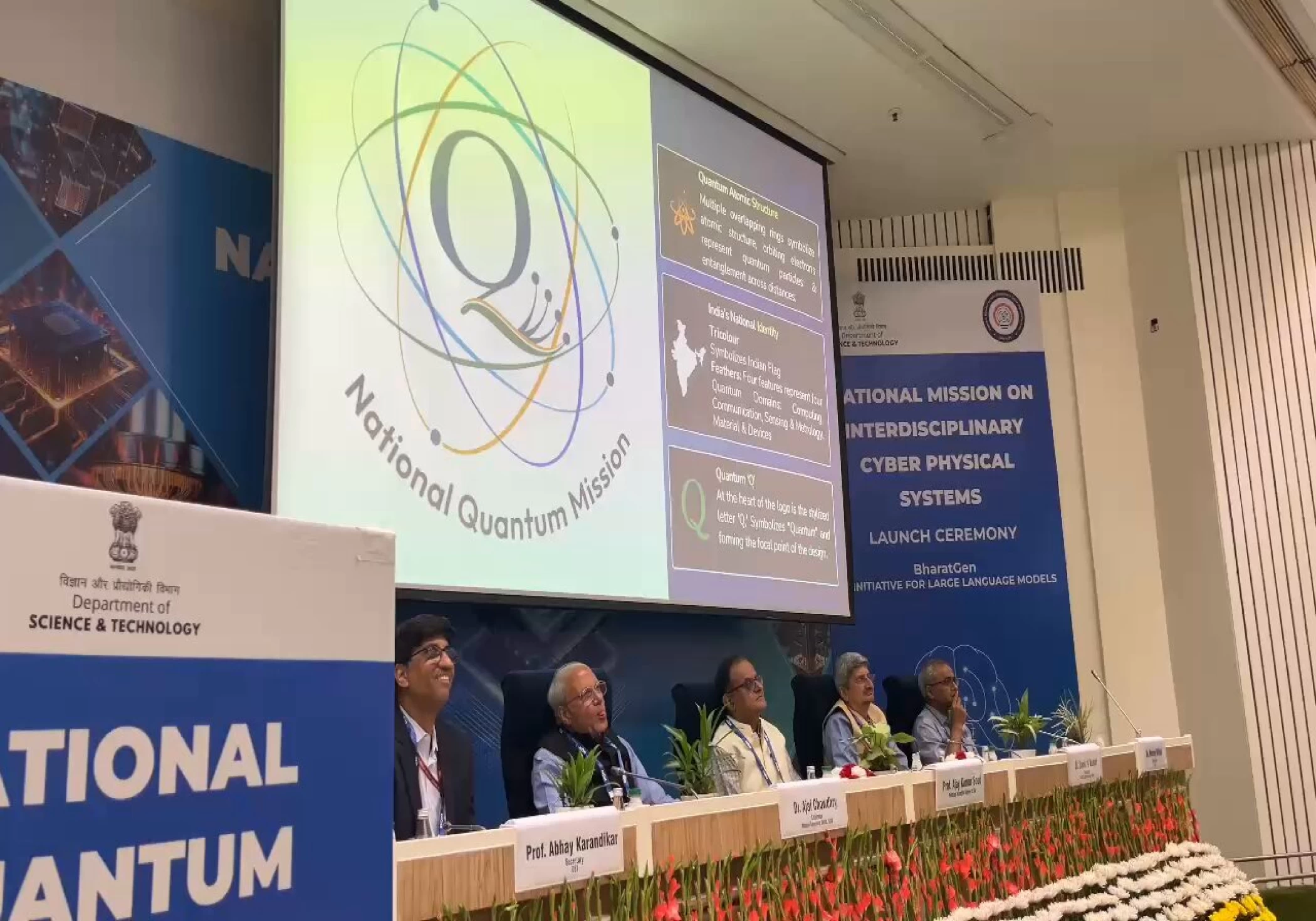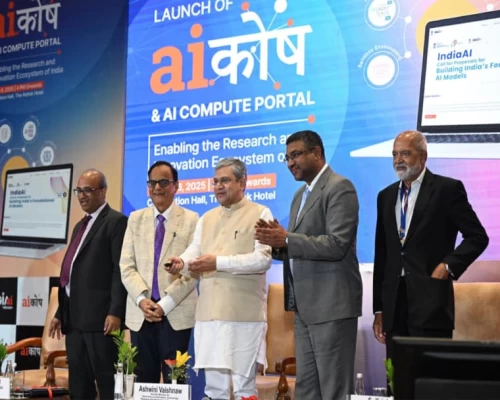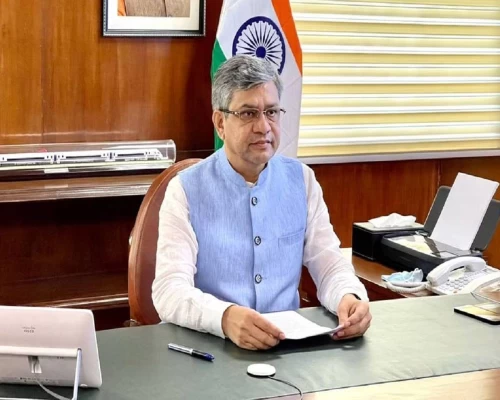
New Delhi: BharatGen, an initiative in generative AI designed to transform public service delivery and enhance citizen engagement by developing foundational models in language, speech, and computer vision, was launched virtually on September 30, 2024, by Dr Jitendra Singh, Union Minister of State (Independent Charge) for Science and Technology, in New Delhi.
“BharatGen is a testament to India's dedication to advancing homegrown technologies. It positions India as a global leader in generative AI, much like our success with UPI and other innovations that have reshaped various sectors,” said Dr Jitendra Singh during the launch.
He noted that BharatGen is the world’s first government-funded multimodal large language model project, aimed at creating efficient and inclusive AI for Indian languages.
Led by IIT Bombay under the National Mission on Interdisciplinary Cyber-Physical Systems (NM-ICPS) of the Department of Science and Technology (DST), the project will develop generative AI systems capable of generating high-quality text and multimodal content in multiple Indian languages. The implementation is being handled by the TIH Foundation for IoT and IOE at IIT Bombay, with academic partners including IIT Bombay, IIIT Hyderabad, IIT Mandi, IIT Kanpur, IIT Hyderabad, IIM Indore, and IIT Madras. Prof Ganesh Ramakrishnan leads the consortium, alongside the Director of IIT Bombay, Prof Shireesh Kedare, and other faculty members.
BharatGen aims to deliver generative AI models and their applications as a public good, addressing India’s socio-cultural and linguistic diversity. It is designed to meet the country’s broader needs, such as promoting social equity, preserving cultural heritage, and supporting linguistic diversity, while ensuring AI technology benefits all sections of society.
DST Secretary Professor Abhay Karandikar emphasized that BharatGen is part of the broader goal of making AI accessible to all citizens, with a focus not just on industrial and commercial uses, but also on national priorities like cultural preservation and inclusive technology.
The project has four key features: its multilingual and multimodal foundation models, the use of India-specific datasets for building and training, its open-source platform, and its aim to develop an ecosystem for AI research in the country. The project is expected to be completed within two years and aims to support government, private, educational, and research institutions.
BharatGen will address both text and speech, ensuring representation across India’s diverse linguistic landscape. By using multilingual datasets, it will capture the nuances of Indian languages, which are often underrepresented in global AI models. Unlike models that rely on global datasets, BharatGen will focus on collecting and curating India-specific data, ensuring the country’s languages, dialects, and cultural contexts are accurately represented. This emphasis on data sovereignty gives India greater control over its digital resources and narrative.
BharatGen aligns with the vision of Atmanirbhar Bharat by developing AI models specifically for India. By building these technologies domestically, BharatGen reduces reliance on foreign systems and strengthens the country’s AI ecosystem for startups, industries, and government agencies. By providing foundational models and detailed technical resources, BharatGen will enable innovators, researchers, and startups to build AI applications more efficiently and affordably. The initiative will also focus on data-efficient learning, particularly for Indian languages that have a limited digital presence. Through partnerships with academic institutions, the project will develop models that work effectively even with minimal data, addressing the needs of languages often overlooked by global AI efforts. BharatGen will also nurture a growing AI research community through training programs, hackathons, and collaborations with global experts.
Looking ahead, BharatGen’s roadmap includes key milestones through July 2026, focusing on AI model development, experimentation, and creating AI benchmarks that meet India’s needs. The project will also work on expanding AI adoption across industries and public services.
BI Bureau













